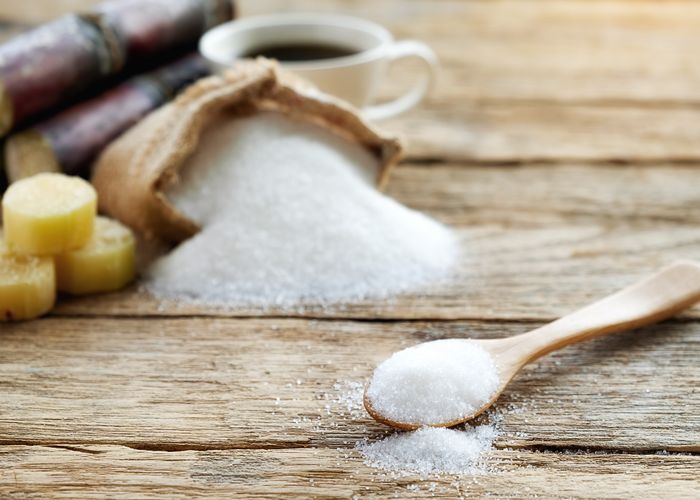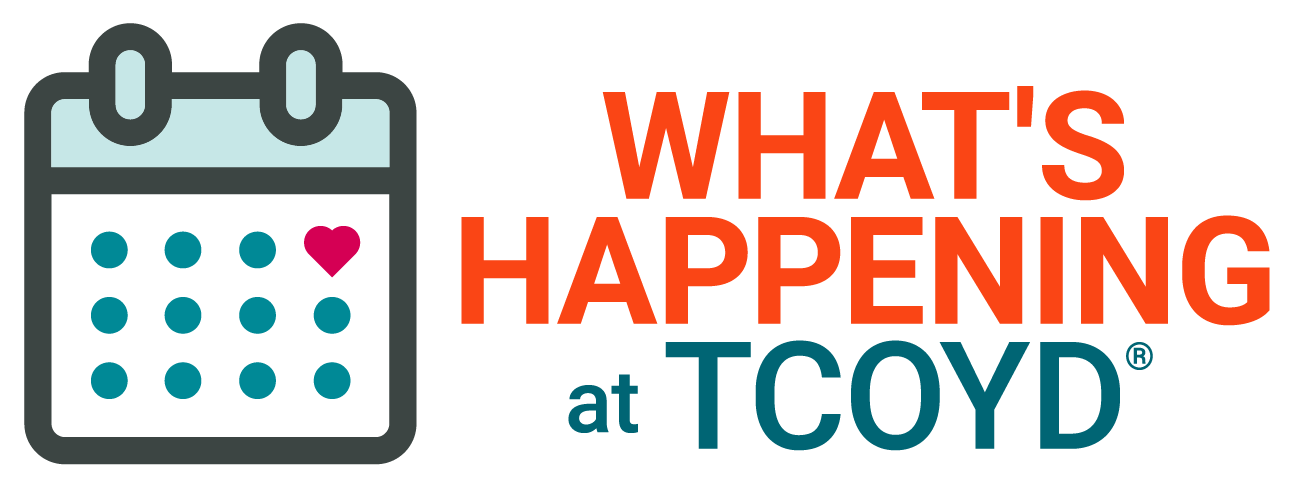
I hear this all the time: “I don’t eat any sugar!” Yet the same people who say this drink their morning orange juice, eat a sandwich at lunch, and snack on tortilla chips.
I’m sorry to inform them, but if you are eating carbohydrates, you are eating sugar. People look at a cake that claims “NO SUGAR” and think, “Oh boy, I can eat that,” not realizing that the flour in the cake is pure sugar. The flour enters the bloodstream faster than table sugar.
Even I was fooled for decades. I used to eat a burrito every day (black beans, avocado, cheese). There was nothing to worry about; after all, the burrito didn’t taste sweet. Then one day I decided to test my blood sugar after eating my burrito (see my YouTube link below). I was stunned by the blood sugar meter. When I did the math, I realized that every time I ate a burrito I was dumping 11 teaspoons of sugar into my bloodstream. I was completely unaware of the sugar I was ingesting on a regular basis. That was the day I had my “aha” moment:
Carbohydrates are really blood sugar.
Eating a burrito is not a problem for most people, but I inherited diabetic genes from my father. Once my blood sugar spikes, it takes much longer than normal for my pancreas to produce enough insulin to knock it back down. Prolonged high blood sugar damages your kidney, brain, heart, eyes, liver – even your skin. All this damage happens silently: you cannot “feel” high blood sugar. Because I am genetically vulnerable, prolonged high blood sugar will eventually lead to diabetes. People without my genetic vulnerability may not get diabetes but they will still suffer damage from the constant barrage of sugar.
Intellectually, I know the long-term consequences of high blood sugar (the way a smoker knows they are at risk for emphysema or lung cancer). But fear of getting diabetes and its complications (blindness, amputations) is not what motivates me to control my carb intake. It’s the short-term consequences (memory loss, mood swings) and vanity. I don’t want to get fat. If it weren’t for the weight gain, I could pretend the long-term damage wasn’t happening. (Just as I used to pretend carbs were not sugar.) In reality, carbohydrates are long chains of sugar that once digested, are broken down into a simple form of sugar called glucose. Blood glucose is vital to life, but if the body can’t use the glucose right away, the liver stores it as fat. It’s simple biology – excess blood sugar gets stored as fat on the hips and belly. So, if I want to keep my weight down, I decrease my carb intake. If I lower my intake sufficiently, my body will burn fat for the energy instead.
The simplest, most effective change you can make is to become aware of the carbs you are currently eating.
Read the labels and zoom in on the “Total Carbs” number. Don’t be fooled by the “Sugars” number (it’s just a subset of the “Total Carbs”). The “Total Carbs” is the real measure of sugar. Because teaspoons are easier for me to visualize than grams, I use a simple trick. I know there are 4 grams of sugar per teaspoon. So, I take the “Total Carbs” number (minus the grams of fiber) and divide it by 4. Then simply multiply by the number of servings per container.
For example, a bottle of apple juice has 40g of carbs.
40 divided by 4 = 10 teaspoons of sugar!
Breakfast foods (pancakes, waffles, toast, orange juice, and so on) are some of the worst offenders. Imagine my shock to find out my plain bagel was putting more sugar in my blood than a jelly donut (12 versus 8 teaspoons)! What’s ironic is that most people are more concerned with which sweetener they should use in their coffee than their sugar-packed breakfast food! Don’t be fooled by foods that don’t taste sweet or boast of having “no sugar” on the package. The only way to know is to read the label!
For more info please watch my presentation from the TCOYD conference here!

Total carbs. Thanks!
Hello ive been a diabetic for 12 years and im always seeking healthy alternitives to a healthy lifestyle so how much carbs if any is okay to consume thank you Juanita
Hi Juanita,
Everything in moderation. My opinion is that any amount is okay if you’re able to maintain your blood sugars in a healthy range.